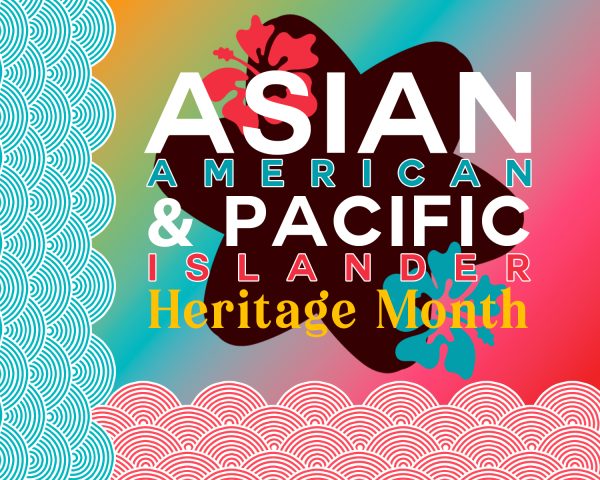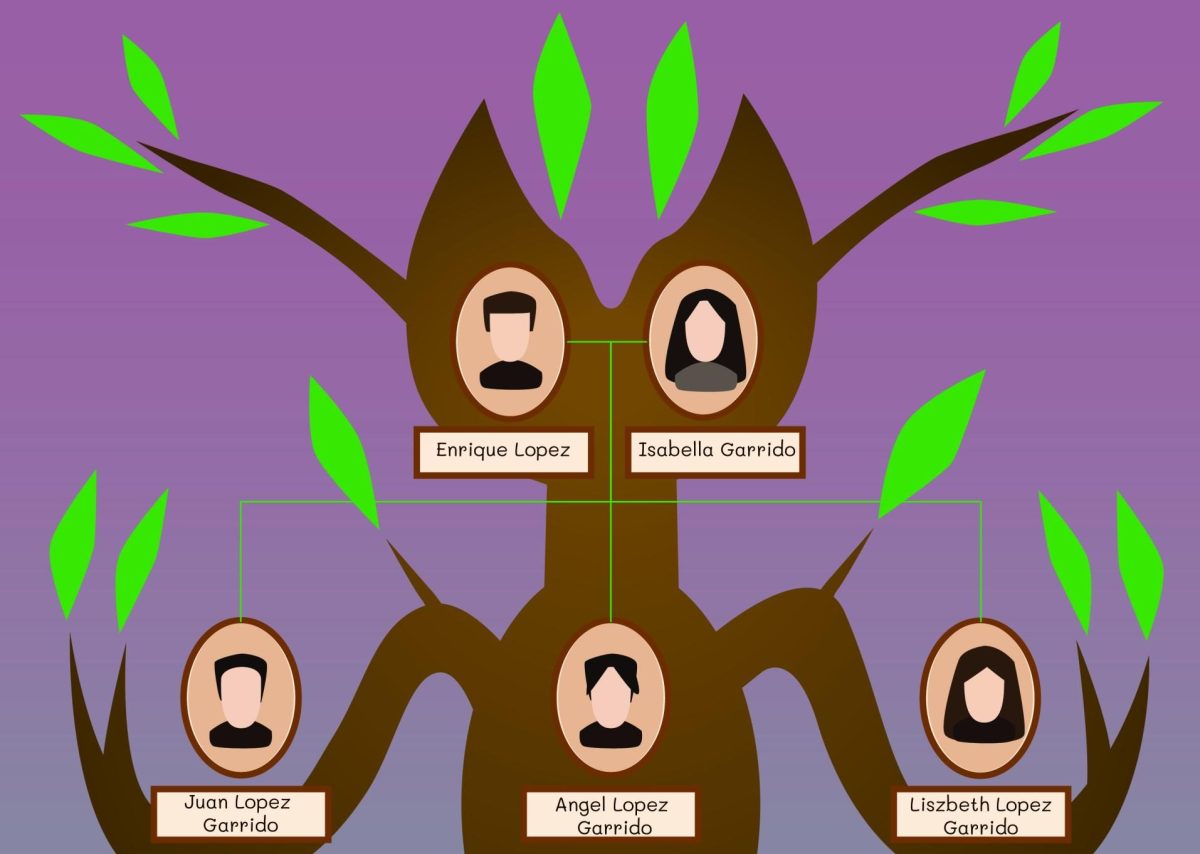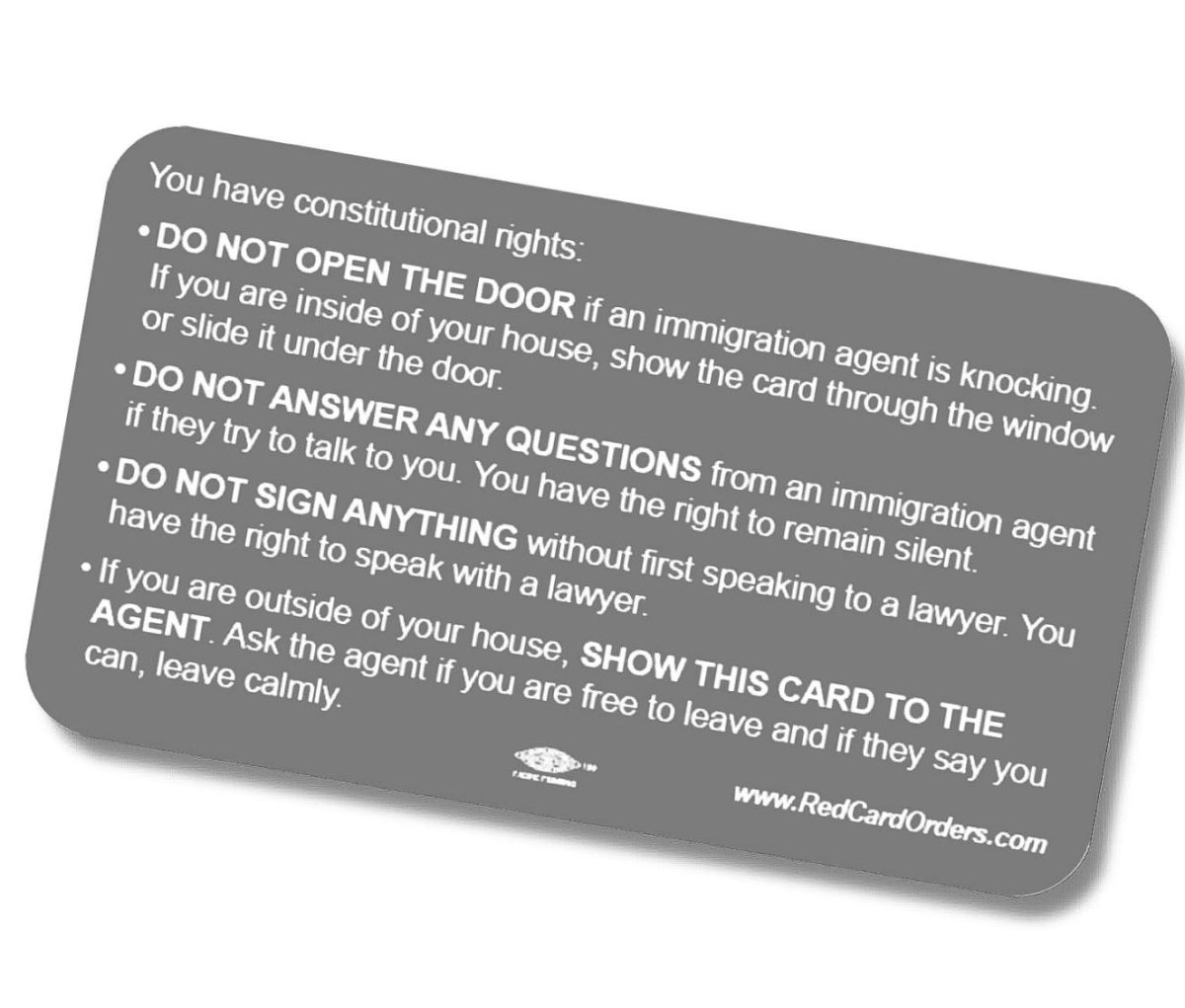Every May is dedicated to celebrating the heritage of people of Asian American, Native Hawaiian and Pacific Islander (AANHPI) descent. The Federal Asian Pacific American Council (FAPAC) oversees events nationwide every May and, according to their website, the theme of this year’s celebrations is “A Legacy of Leadership and Resilience.”
The history of AANHPI Heritage Month has a unique origin. Its first iteration was in 1979, when the seven days following May 4 every year were declared “Asian/Pacific American Heritage Week” by President Jimmy Carter. The tradition was continued yearly until 1990, when President George H. W. Bush, in conjunction with Congress, established the entire month of May to be “Asian/Pacific American Heritage Month.”

Though it may seem random, choosing May to represent AANHPI heritage was no accident. Two important anniversaries take place in early May: the first is when Japanese immigrants to America arrived on May 7, 1843 and the second is on May 10, 1869 saw the completion of the First Transcontinental Railroad, a project largely staffed by Chinese immigrants working in the Wild West.
All of these groups have long, storied and sometimes horrific pasts within American history that cannot be ignored. Discriminatory practices, such as immigration quotas, regularly targeted East Asians up until the 1965 Immigration and Naturalization Act, as per the National Archives.
During the Second World War, more than 120,000 Japanese-Americans were imprisoned in internment camps after the tragedy at Pearl Harbor to “protect national security interests.” These are only some of the atrocities that the Federal Government has admitted to committing against Asian-Americans.
Other groups were affected as well. Prior to American colonization and annexation in 1893, the Kingdom of Hawai’i was an independent island nation. Smaller Pacific Island territories like Guam, the Northern Mariana Islands and the U.S. Virgin Islands are classified as part of the American Commonwealth, giving them a similar status to Puerto Rico. People born in these territories are automatically U.S. citizens, but those born in American Samoa, another Commonwealth territory, are not.
So, this May, when celebrating the heritage of Asian Americans, Native Hawaiians and Pacific Islanders, take a moment to remember the hardships of their past, and admire the resilience of these communities.







